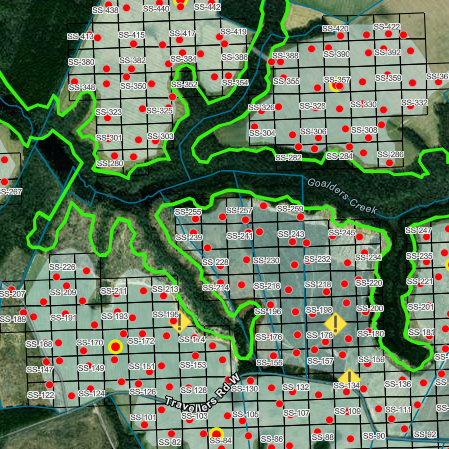KERAMIDA is a trusted advisor in construction and infrastructure projects nationwide. From EHS oversight and on-site safety to green building and sustainable infrastructure, our experts provide full support for each stage of construction projects.
EHS & Sustainability Services for Construction
KERAMIDA is an EHS consulting and engineering firm specializing in construction EHS management services for developers, contractors, A&E firms, and property management companies. Our team has over 30 years of experience providing environmental and safety oversight in the construction of buildings, highways, pipelines, and solar development projects.
KERAMIDA provides expert safety services for all commercial new build construction, renovation, and demolition projects. Our certified construction safety professionals develop safety programs and procedures, provide on-site safety oversight, conduct safety training, and perform safety compliance audits.
What our clients say…
“Thank you SO MUCH for all your hard work on the green checklist. I reviewed it this afternoon and WOW! It is really well done!”
“Excited to continue working with your phenomenal group! ”




















